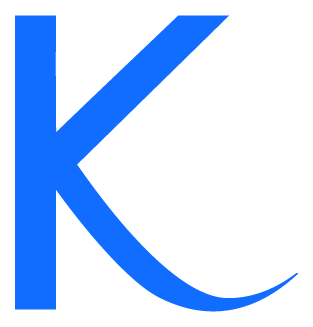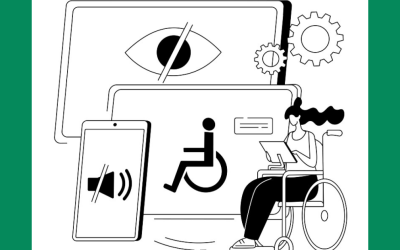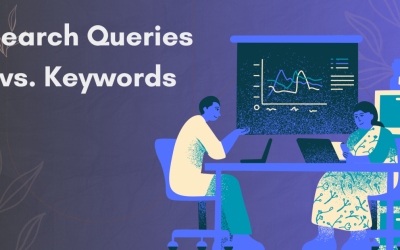Chegg's Fall: From Classroom Hero to Market Zero
Online education stands as AI’s first victim, highlighting a tale of resistance to innovation and valuable lessons in adaptation
For many, the mention of Chegg conjures memories of stressful school days, juggling textbooks, and late-night study sessions. Once a dominant force in the world of textbook rentals and homework help, Chegg was the go-to resource for students seeking academic assistance. However, the company now finds itself in dire straits, its survival in question. What caused this precipitous decline? The answer lies not just in the rise of AI tools like ChatGPT but in Chegg’s inability to adapt to a rapidly changing technological advances.
The Fall of a Giant
Chegg’s stock, once riding high, has plummeted by 99% since its 2021 peak, erasing almost $14.5 billion in market value. Over half a million subscribers have abandoned the platform, and revenues continue to decline quarter after quarter. The financial strain raises serious doubts about whether Chegg can even continue to meet its debt obligations. What was once a thriving business now teeters on the edge of collapse due to resistance to innovation.
The primary culprit behind this downfall? According to Chegg’s leadership, the blame lies squarely on ChatGPT. This AI-driven tool has revolutionized the way students approach learning, providing instant, comprehensive answers to a wide array of academic questions. But this explanation, while partially true, obscures deeper issues within Chegg’s business model and strategy.
ChatGPT: Disruptor or Scapegoat?
At its core, ChatGPT offers capabilities that align perfectly with what students need. From summarizing complex concepts to providing detailed explanations and generating examples, it outperforms traditional methods of study support in many ways. Perhaps most crucially, ChatGPT is accessible and largely free, making it an attractive alternative for students worldwide.
Chegg, on the other hand, relied on a labor-intensive process of employing thousands of contractors to generate answers to academic questions. This model was not only costly but also limited in scope and efficiency. ChatGPT’s vast training on internet data allows it to address an almost infinite range of questions instantly, leaving Chegg’s manual approach looking outdated and sluggish.
Missteps in Adaptation
The most glaring issue with Chegg’s response to AI disruption was its lack of foresight. In 2022, some employees reportedly requested resources to develop AI-driven tools to automate answer generation, anticipating the potential shift in demand. These requests were denied. Even after ChatGPT’s launch, some within the company underestimated its impact, citing its occasional inaccuracies as a reason not to prioritize AI integration.
This hesitation proved fatal. By the time Chegg began exploring AI capabilities, it was too late. ChatGPT had already captured the attention of students, becoming the preferred tool for academic support. The missed opportunity to innovate and stay ahead of the curve left Chegg vulnerable to disruption.
Lessons in AI Adaptation
Chegg’s downfall is more than just a cautionary tale for businesses; it’s a blueprint for understanding how to navigate the era of AI. The key takeaway is that AI itself is not the enemy. Rather, the inability to leverage AI as a tool for growth and efficiency is what leads to failure.
Embrace Change Early
When a disruptive technology emerges, the instinct to resist or dismiss it can be strong. However, successful companies recognize that change is inevitable and proactively explore ways to incorporate new tools into their operations. Chegg’s reluctance to invest in AI early on is a stark reminder of the cost of hesitation.
Compete with Humans Using AI
In the AI era, the competition isn’t between humans and AI but between humans equipped with AI tools. This distinction is crucial. Companies that empower their employees with AI can achieve greater efficiency, creativity, and output. Similarly, individuals who adopt AI as a tool to enhance their skills will remain competitive in the job market.
Focus on Value-Added Workflows
The future of software and services lies in declarative workflows—where users state their goals, and AI executes them. Companies must transition from providing static tools to creating dynamic, agent-driven workflows that allow users to achieve their objectives seamlessly. For SaaS companies, this means reimagining their offerings to prioritize functionality and adaptability.
Redefine Business Models
AI-driven deflation is a real and powerful force. By reducing costs and increasing efficiency, AI lowers the barriers to entry for competitors. Incumbent companies must rethink their cost structures and value propositions to remain competitive in this new landscape.
A Broader Perspective: The Human Factor
While Chegg’s story serves as a warning for businesses, it also holds valuable lessons for individuals. The rise of AI has sparked widespread fears about job displacement, but these fears often miss the bigger picture. AI doesn’t eliminate jobs; it transforms them. The real challenge lies in adapting to this transformation.
The Real Enemy: Resistance to Innovation
Framing AI as an enemy distracts from the real issue—resistance to change. Rather than fearing AI, individuals and companies should focus on how to harness its potential. The ability to adapt, learn, and innovate will be the defining factor in whether one thrives or falters in the AI era.
Empowerment Through AI
AI is a tool, not a replacement. For individuals, this means using AI to enhance productivity, creativity, and problem-solving skills. For companies, it means integrating AI into workflows to improve efficiency and deliver greater value to customers.
The Path Forward: Lessons for Everyone
Chegg’s decline is not an isolated incident. It’s a harbinger of what’s to come for businesses that fail to adapt to technological change. Yet, it also highlights the immense opportunities available to those who embrace innovation.
Individuals: Take Ownership of Your Future
In an AI-driven world, your career trajectory is largely in your hands. By learning to use AI effectively, you can position yourself as an indispensable asset in any industry. Continuously upskilling and staying informed about technological advancements will ensure you remain competitive.
Companies: Lead, Don’t Follow
For companies, the message is clear: adapt or risk irrelevance. This means not only investing in AI but also fostering a culture of innovation and agility. Companies must prioritize customer-centric solutions, leveraging AI to meet evolving needs and expectations.
A Wake-Up Call
Chegg’s story is not one of inevitable failure but of missed opportunities. It serves as a wake-up call for businesses and individuals alike to recognize the transformative power of AI and act decisively. In the AI era, survival is not about avoiding disruption but about embracing it and using it to drive growth and success.
The tools to thrive in this new tech world are within reach. The question is, will you use them?




